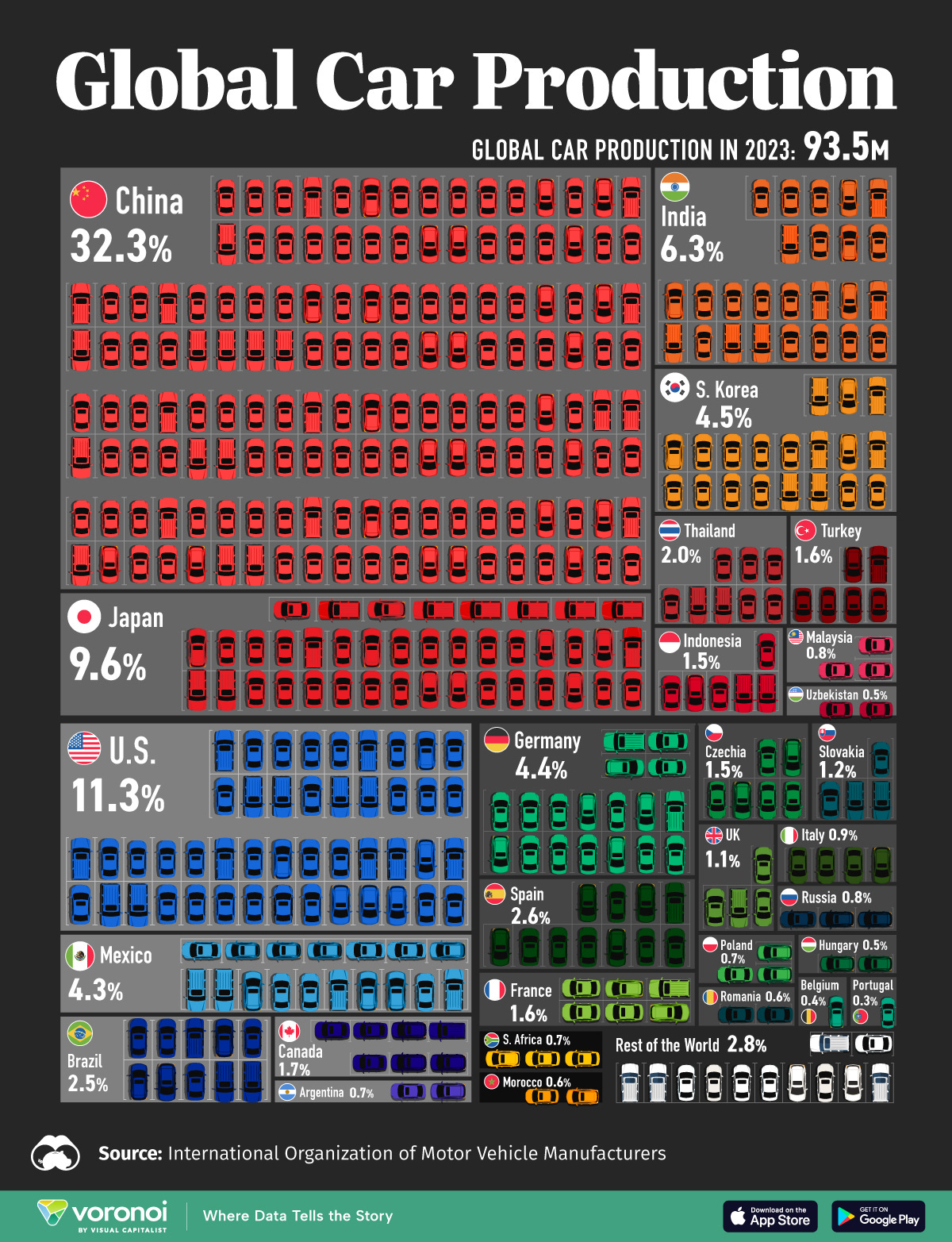Buried ledes: Significant stories you may have missed in December 2024
While the world focused on seasonal distractions, transformative events in geopolitics, technology, the environment, and global trade reshaped the landscape.
Once you know how the dying media works, it’s easy to understand why in a year of tremendous upheaval and change, the December 2024 news cycle was dominated by the typical seasonal distractions: hollow stories about DEI Santa, a rush on the latest electronic gadgets, the best fruitcake recipe (oxymoron!)… that means more consequential stories get buried or, worse, go unnoticed all together.
So Collapse Life has decided to highlight a few significant but under-reported stories from December 2024 that deserve more attention for their implications on geopolitics, the environment, and global stability more generally.
1) West Africa’s Aspiring New Power Bloc

The military juntas of Mali, Niger, and Burkina Faso — who last July formed a confederation uniting 72 million people across the Sahel region — reaffirmed their commitment to sever ties with the Western-backed Economic Community of West African States (ECOWAS). The Alliance of Sahel States (AES), as the new bloc is called, aims to facilitate the free movement of goods and people, develop shared infrastructure, and invest in key sectors such as agriculture, energy, and mining. The AES represents a decisive break from the region's colonial legacy, French influence, and the failures of Western-backed anti-terrorism initiatives, signaling a move toward Pan-African solidarity. Despite its ambitions, however, the alliance faces significant challenges, including ongoing violence, weak governance, and limited capacity to harness the region's vast natural resources. Nevertheless, this is a story worth watching.
2) Escalating Tensions between Pakistan and Afghanistan
December saw a sharp rise in hostilities between Pakistan and Afghanistan, marked by Pakistani airstrikes targeting the Tehreek-e-Taliban Pakistan (TTP), an alliance of militant networks formed in 2007 to unify opposition against the Pakistani military. The airstrikes represent Pakistan’s third major incursion into Afghanistan since the Taliban took power in 2021, driven by accusations that the Afghan regime provides sanctuary to TTP militants. The conflict highlights deepening mistrust between the two nations, with civilians suffering on both sides. The volatile dynamic between nuclear-armed Pakistan and a Taliban-controlled Afghanistan armed with leftover US weaponry poses a significant threat to regional and global stability, exacerbating militant activity and escalating cross-border tensions.
3) The Rise of Killer Robots

In December 2024, the UN General Assembly passed a resolution mandating consultations on regulating autonomous weapons, often called “killer robots.” The resolution reflects growing concerns over the dangers these systems pose. AI-driven weapons are already transforming warfare. In Gaza, the Israeli military has deployed the AI-powered "Gospel" platform, enabling rapid, large-scale targeting during recent conflicts. Similarly, both Ukraine and Russia have embraced AI-driven drones, with Ukraine establishing a dedicated drone warfare branch and planning to produce over a million units annually. The US, China, and other powers are advancing the development of "killer robots" — unmanned planes, tanks, ships, and submarines capable of independent operation. Some countries are exploring fully autonomous swarms of drones and other robotic systems that can communicate and make decisions collectively. Such systems could exhibit "emergent behavior," executing unpredictable and potentially escalatory actions without human control. Without intending to sound too dramatic, ‘slaughterbots’ (as they’re also known) are an existential threat to humanity and we’ll be following this space more closely in the coming year.
4) Black Sea Oil Spill
Russian scientists have criticized the inadequate cleanup efforts following a Black Sea oil spill caused by two tankers damaged in the Kerch Strait. Critics cite a lack of heavy machinery and effective equipment to remove the estimated 4,300 tonnes of spilled fuel oil, which has contaminated beaches, killed wildlife, and risks spreading further, including to Crimea. On December 26, Russia announced a federal emergency following the spill in the Black Sea, which was caused by two tankers damaged in a December 15 storm. One tanker split in half, and the other ran aground. Over 10,000 responders have been mobilized to clean up the environmental disaster.
5) Your Next Car Might Be Chinese — But Global Pushback Is Growing
China's automotive dominance is reshaping the global car market. As of December 2024, China produces and exports more cars than any other country in the world. Icons like GM and Volkswagen, once dominant in China, are now losing ground, with GM's sales plummeting 42.5% this year and VW labeled "the king of yesteryear." Decades of forced technology transfers, state subsidies, and strategic shifts to electric vehicles have allowed Chinese companies like BYD to leap ahead, leaving foreign automakers struggling. As Autoblog reports, “Chinese state-owned banks and local governments have been heavily subsidizing domestic EV makers, allowing companies like BYD to sell their cars at massive discounts, sometimes up to 50% below production costs.” While Honda, Nissan, and others scramble to consolidate resources to compete, and the ‘greening’ of Western countries is killing baseload power generation critical to industrialized economies, many countries are erecting trade barriers as a way to counter China's subsidized exports, with tariffs and restrictions emerging from the US, EU, and beyond. The auto business — and automotive culture, more generally — is changing in ways that will make the 1973 George Lucas-directed film, American Graffiti, look like an archeological study.




If you go to the BYD link you find that they make much more than cars.
Scroll to the bottom of the page and you'll see:
Social Responsibility
"BYD established the world's largest mask plant with a peak capacity of up to 100 million pieces per day, supplying 80 global regions with essential health equipment"
I guess for the world population living in fear? Amazing.
"the ‘greening’ of Western countries is killing baseload power generation critical to industrialized economies" It's madness. Actually it's worse.